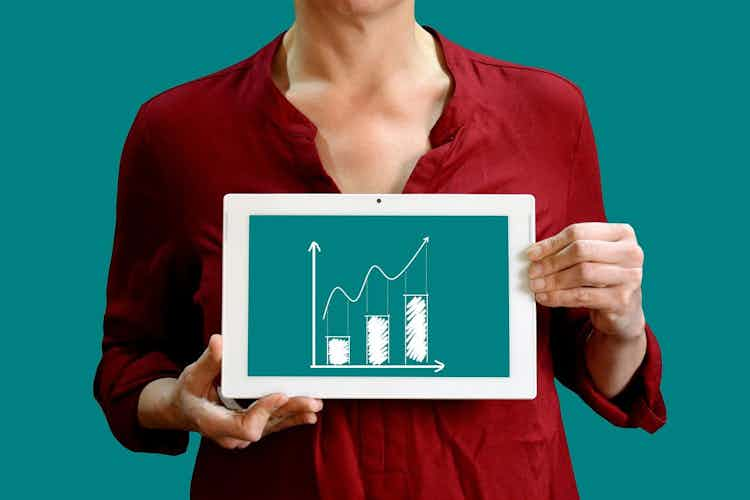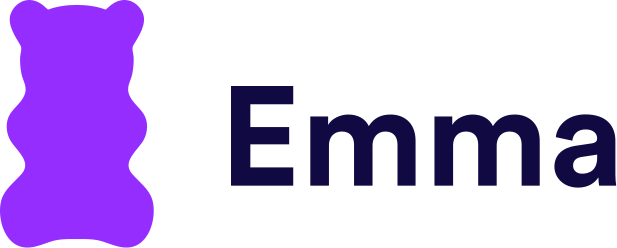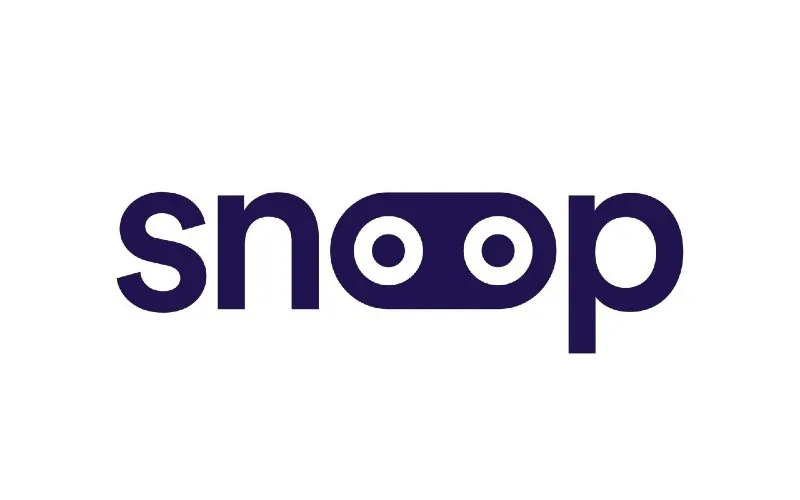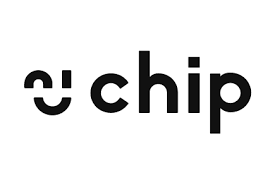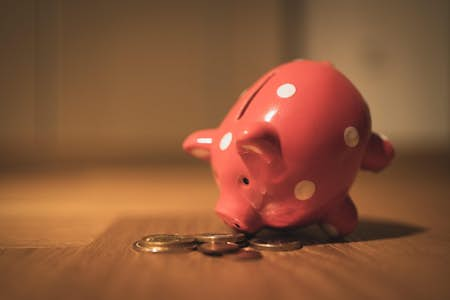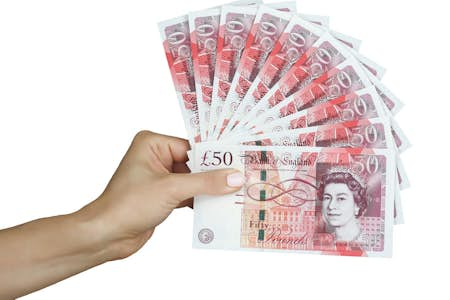Budgeting doesn't have to be challenging or time-consuming. There are many brilliant budgeting apps designed to make financial planning a breeze. So whether you need an app that helps you take control of your debt or one that allows you to see where your money is going, there is a wide range of choices.
Many budgeting providers on the market are only helpful for simple needs, such as transaction tracking or monitoring food expenses. However, if you have a more complicated financial situation, there are apps designed to help you meet your specific goals. The right budgeting app can be a valuable tool in helping you create stability and peace of mind when it comes to your finances.
The best budgeting apps simplify your financial management tasks, making them easier to approach and adopt into your daily routine. These apps will help you get your finances in order with minimum effort.
Before picking your next app, you need to consider what you want to achieve first. Are you looking to save more, find ways to invest, or get help with your financial questions? Our helpful guide on creating a personal budget in later life can help you get started.
Doing your own research is vital, but you need to be aware that many apps may be geared toward the US market. This is not always easy to spot right away. Popular ones include YNAB and Cleo. Cleo was available to UK users until last year but is now focusing on its US clients.
Despite this, there are many great options to consider if you're looking for an app in the UK. Here are six great budgeting apps for UK residents designed to help you meet all your financial goals.
1. A great all-rounder: Money Dashboard
If you want to see where your money is going, Money Dashboard is a great option. The app invites you to connect all of your accounts, which is excellent if you have several bank accounts. With this functionality, you can get a bird's eye view of your financial accounts, so you know exactly how you're doing financially without checking numerous sources.
While this ability to get an overview of your financial situation is MoneyDashboard's main selling point, it comes with several other features which make it a great all-rounder.
The app allows you to manage your bills and subscriptions through one source, even if you pay for them from several bank accounts. This means that you never have to worry about missing a payment again. It also makes it easy to keep track of your subscriptions, which is a great way to ensure that you're not paying for forgotten services you no longer use.
If you like looking at analytics, you'll love MoneyDashboard's overview section. It lets you compare your spending with previous months so you can make adjustments to spend less and save more if necessary.
The budgeting section of MoneyDashboard is also excellent. You can set budgets for your additional income and spending categories, and the app tells you how much you have left to spend in each category. This is similar to the traditional envelope budgeting method.
So, for instance, if you've set a £200 monthly budget for your shopping category, and you spend £50 doing your weekly shopping. The app will immediately log this and update to indicate you now have £150 to spend on shopping for the rest of the month and how many days you have to make that £150 last.
Some additional features of MoneyDashboard include:
- Account transfers allow you to quickly transfer money between all your bank accounts within the interface
- Balance warnings where you get notifications as soon as it looks like your balance is too low to meet your upcoming bills and subscriptions
- Custom categories so you can personalize your spending and group it, and organize it in a way that makes sense to you
MoneyDashboard is a great all-rounder if you're looking for an app to help you with your money management and an easy way to monitor your spending habits.
Best of all, the app is free to use and available for both iOS and Android.
2. A personal saving advisor with a twist: Emma
Do you have a habit of buying that extra muffin on your way home from work? Or do you always go out for dinner on Saturday night, even though you know it wrecks your budget?
If you're nodding along, you may need help cutting down on your splurges, and Emma could be the solution to your problem.
Emma's developers market the app as 'your best financial friend'.
Like MoneyDashboard, Emma allows you to link all your accounts in just a few taps. You can even get an overview of your pensions with the app, and if you happen to be dabbling in cryptocurrencies, you can link those investments too. It provides a comprehensive picture of your financial situation.
You can also track your subscriptions with Emma, but the app also helps you cancel wasteful subscriptions by providing simple guides on cancelling popular subscription services. And you can also sync your budgets and track spending with the app, which offers insights into your spending behaviour.
Emma will analyze your spending and let you know when you're overspending and when you're on track to meet your personal finance goals.
While the free version comes with all these great features, you can also opt for the paid versions, Emma Plus or Emma Pro:
- Emma Plus costs £4.99 per month or £41.99 per year. It allows you to transfer money between your accounts in Emma, get upcoming bill reminders for upcoming payments, and see a true balance showing how much you'll have left in your account after recurring payments.
- Emma Pro costs £9.99 per month or £83.99 per year and comes with several features, including cashback functions, accurate net worth, tracking accounts in multiple currencies, splitting transactions, and creating saving goals, among others.
Emma is an advanced budgeting app allowing you to take control of your spending. Its free version alone is excellent for ensuring you're not splurging, but its paid version could help you set tailored money management goals.
3. An easy investment app: Plum
Investing your money doesn't have to be complicated anymore. Many apps and online banking accounts offer investment accounts for people who want to do more with their extra money.
But if you're looking for a dedicated investment app that makes it easy to invest with as little as £1, FCA-regulated Plum might be the answer.
You decide how much you wish to invest, and then you select the funds you want to invest in. For example, you could invest in high-risk tech giant funds with high average annual returns or stay safe and pick the aptly named slow and steady option that offers smaller returns but lower risk. Or, you could choose to split your money between several funds, diversifying your portfolio.
Plum offers a free version, but you can't invest in funds with that option. You can, however, make use of their round-ups to put change away every time you make a transaction, as well as automated savings towards a savings account.
If you want to invest with Plum, you'll need to upgrade to Plum Plus, which costs £1/month. You will also need to pay management fees for the fund options that go to Plum's external partners. The mobile app is available via the App Store and GooglePlay.
Jenny Lord from Life and the Lords told us: "I use Plum, I find it really helpful the little savings it makes for me, and it shows me my direct debits and standing orders. I can also add payments when I can and withdraw them instantly. Another app I am fond of is Rooster money for the kids. They get virtual pocket money and money for chores, birthday money etc and then I give it to them when they want to buy something. There's no actual money in the app and it saves unnecessary purchases."
4. An app with a twist for home-owners: MoneyHub
With features like spending goals and categorized spending analytics, MoneyHub prides itself on being the budgeting app that shows you where you stand with your money. It has many of the same features that other budgeting apps have, such as connecting all your bank accounts and providing analytics about your cash flow.
But it goes a bit further than your typical budgeting app. For instance, it lets you connect your property to MoneyHub, so you see a real-time valuation of your home. This valuation is estimated via Zoopla. It can also count this valuation towards your net worth.
If you have a mortgage and link your mortgage to the app, it will alert you when your Loan to Value (LTV) ratio drops, allowing you to get better interest rates, meaning you could make a saving on your interest just by linking your mortgage.
Are you a renter? No problem. The app lets you use the 'rent recognition' feature that allows you to report your rent payment to Experian. This counts as a regular payment and could boost your credit score.
MoneyHub's regular features are pretty advanced too. For example, while you can link your bank accounts as with other apps, MoneyHub allows you to link credit cards, investments, and borrowing so you see exactly how much you have and how much you owe.
Also, if you set spending goals for specific categories, you will be able to track your goals and benefit from educational resources tailored to your financial goals to help you achieve them.
MoneyHub is available for iPhone and Android users. It comes with a 180-day free trial, then costs £1.49 per month or £14.99 per year if you want to continue using an advanced budgeting app.
5. An app that saves you money: Chip
Chip is a simple app designed to save you money. If your primary goal is to save as much as possible, this could be the solution to your problem.
Chip offers better than average savings rates for their savings accounts by negotiating with banks on your behalf. It also works with asset managers to offer investment accounts if you wish to dabble in investing.
Chip claims the average user saves £3,000 a year without doing a thing. It does this by:
- Using an AI service to automatically put money towards savings. You set a savings level, and Chip does the saving for you.
- Automatically putting a lump sum of money away on payday, helping you 'pay yourself first'
Chip's free version still comes with a platform fee if you opt for an investment account. You can upgrade to ChipX for £3 every 28 days. This gives you access to more innovative funds, bespoke fund management, and lower platform rates.
Chip is available for Apple and Android users and is an excellent option if aggressive saving is your primary budgeting goal.
6. An app that finds you cheaper deals: Snoop
If you already have an excellent budgeting system, you may not need an all-encompassing financial app. Instead, you may just be looking for a way to save more and optimize your spending.
Snoop is an award-winning app that finds you cheaper deals and helps you make a saving on your bills. Direct debits can be insidious, and we don't even notice them when they leave our accounts automatically. But Snoop puts a stop to all that.
If you use Snoop, you get alerted when your energy bills go up, and the app lets you know whether there are better deals for you.
But it comes with other features as well. For example:
- Mobile and broadband checker where Snoop spots your mobile and broadband bills automatically and helps you check market prices to make sure you're not overpaying.
- A money-saving scanner where the app checks for new money-saving apps and features every day and sends them to you.
- An insurance checker where Snoop alerts you when it's time for renewal so you can get the best price
- A card checker where Snoop keeps track of your credit cards to ensure you're not paying fees you shouldn't be, and you're not missing out on any rewards
- A mortgage manager where the app compares your monthly mortgage bill and helps you find cheaper deals in the market so you can switch if you wish
- A look ahead feature where the app flags upcoming bills for the week to ensure you have enough money to cover them
Snoop does come with generic budgeting features like a spending sorter that analyses your spending and a payment hub where you can keep track of your bills and payments.
But, helping you save on deals is where the app truly shines. It is an excellent choice if you wish for light-touch budgeting features and the ability to save big by providing your financial information.
Don’t forget to check your bank’s budgeting tools
You shouldn’t forget about the free budgeting tools available through traditional financial institutions like your bank. These are especially useful if you don’t have accounts with different banks and organizations.
Banks offer a wide range of tools these days, from the ability to view your monthly spending by categories to automating your savings. For example, Barclays' mobile banking app can give you an overview of where your money is going.
HSBC has a Balance After Bills feature that shows how much money you have left after bills. These can help you with budgeting by making it easier to understand where your money is going.
Lloyds notifies you when you have bills coming up and can also round up your transactions and move them to a savings account for you so that you save a little each time you spend.
However, budgeting apps make sense if you've got multiple accounts or have specific budgeting goals that you can't meet via the features available through your bank.
You should identify your personal finance goals before finding a budgeting app. Some budgeting apps are better for tracking your spending, others find you significant savings, and others help with investing.
Many budgeting app providers offer free versions to allow you to test out the product before committing. Sometimes the free version is comprehensive enough to meet your needs.
Budgeting apps will make managing money so much easier than ever before - but doing your research when selecting an app is essential because it can be easy to get lost in all of the available options.

